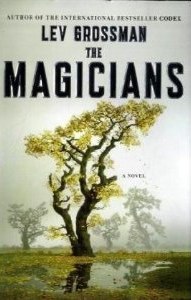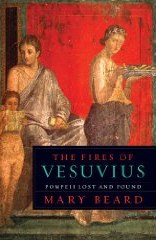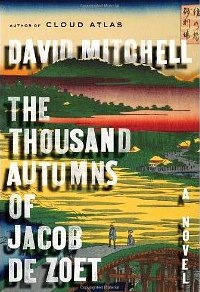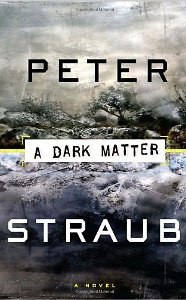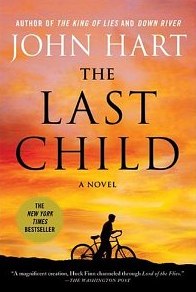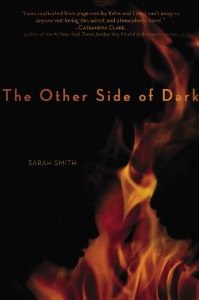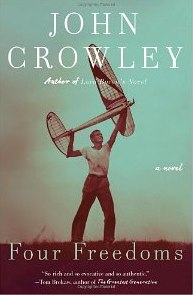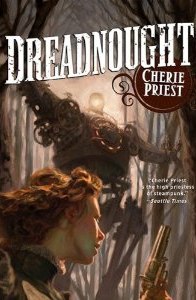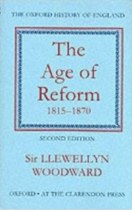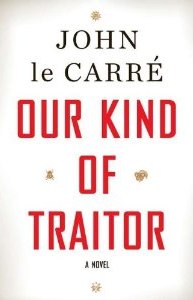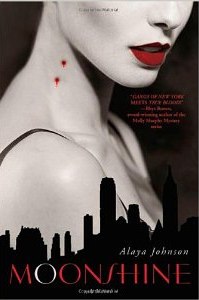Russian paleontologist Kiril Yeskov reimagines The Lord Of The Ring and its aftermath by assuming that Tolkien’s story is, in fact, merely one side of the argument. In this version, Mordor is not evil, but a civilization that opposes reason to magic, preferring justice to the law of nature. The desolation of Mordor is merely the unfortunate outcome of an early ecological disaster, a massive irrigation project that went wrong.
After a few years of bumper crops the inevitable happened – huge tracts of land were rapidly salted, and all attempts to establish drainage failed due to high groundwater levels. The end result was an enormous waste of resources and massive damage to the country’s economy and ecology. The Umbarian system of minimal irrigation would have suited Mordor just fine (and been a lot cheaper to boot), but this opportunity had been irretrievably lost now. The masterminds of the irrigation project and its executives were sentenced to twenty-five years in lead mines, but, predictably, that did not help anyone.
Mordor tried to deal with an ecological problem with an ambitious plan. When it failed, the war-monger Gandalf and the imperialist elves seized the opportunity to attack.
Caravans of traders went back and forth through the Ithilien crossroads day and night, and there were more and more voices in Barad-Dur saying that the country has had enough tinkering with agriculture, which was nothing but a net loss anyway, and the way to go was to develop what nobody else had – namely, metallurgy and chemistry. Indeed, the industrial revolution was well underway: steam engines toiled away in mines and factories, while the early aeronautic successes and experiments with electricity were the talk of the educated classes. A universal literacy law had just been passed, and His Majesty Sauron the VIII has declared at a session of parliament (with his usual ton-of-bricks humor) that he intended to equate truancy and treason.
The main action of The Last Ringbearer begins with small bands of orcs and trolls – our protagonists are a research engineer and an army medic – desperately trying to avoid ethnic cleansing at the hands of merciless elven hunters.
This analogy to the former Soviet Union and to the dream of rational Socialism pervades the early chapters, which move effortlessly from political accounts to a brilliant military history of the Pelennor campaign, focusing on the strategic decisions made by Commander-South, who in Tolkien is the chief Nazgûl.
The author of The Last Ringbearer is extremely knowledgable and invariably respectful of Tolkien’s work. This is no juvenile satire like Bored of the Rings. A few trivial mistakes do creep in – several meetings take place in the tower of Amon Súl, which was destroyed more than a thousand years before – and some names are misspelled, presumably because the Russian orthography differs: Cirdan the elven shipwright becomes Kirden, Celeborn becomes Cereborn, Linden becomes Lindon.
The middle portion of the novel devolves into an espionage story which, while competent, would fit equally well into any fantasy context or, indeed, into World War Two. In this section, which takes place south of Gondor in Umbar and Harad – that is, nearly off Tolkien’s map – we are reminded again of Tolkien’s extraordinary ability to choose names. Yeskov tries, but his invented Elvish names sometimes belong in Rohan and his Umbar names – which include characters named Jacuzzi and Makarioni – don’t work at all.
Yisroel Markov’s translation is terrific when dealing with history and workmanlike when describing the refugees of Mordor. His elvish dialogue is hopeless.
Clofoel of Tranquility: Haste is advisable when hunting fleas or dealing with a sudden bout of diarrhea, esteemed clofoel of Might. So please don’t urge me along: Trolls are tough guys and I’ll need a significant amount of time to get reliable information out of him.
Lady Galadriel: How much time do you need, clofoel of Tranquility?
Clofoel of Tranquility: I believe no less than three days, o radiant Lady.
Clofoel of Might: He just wants to give his bums under the Mound of Somber Mourning something to do, o radiant Sovereigns! This is so simple – let him use his truth potion and that spawn of Morgoth will spill his guts in a quarter-hour!
Lord Cereborn: Indeed, clofoel of Tranquility, why don’t you use the truth potion?
“Clofoel” is an invented Elven title, but it doesn’t sound like Sindarin at all, at least not to my ears. The invented Umbar lexicon is worse: “umberto” for the law of omerta is bad, and “Corregidor” for a minor official, while authentic for 15th century Spain, will inevitably be misread as the Philippine island.
But these are details, easily remedied or overlooked. To add to the Russian overtones of this remarkable book, it is not commercially published but circulates in Web-borne samizdat editions.
February 23, 2011 (permalink)
